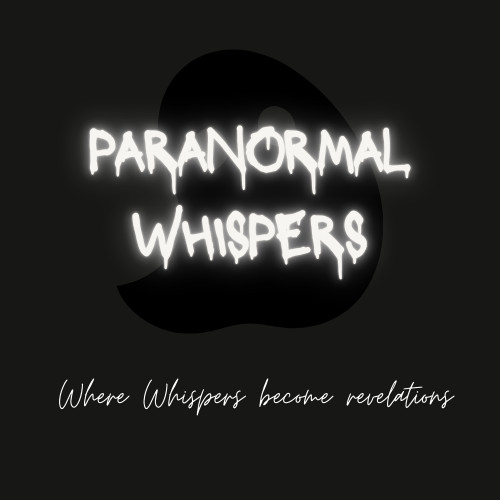Decoding the Mystery of Nighttime Awakenings (Science & Spirituality Weigh In!)
Ugh, 3 AM. You’re staring at the ceiling, mind racing, wondering why sleep has abandoned you. This frustrating scenario is incredibly common, and the reasons behind it are a fascinating mix of science and, well, maybe something a little more… cosmic. Let’s pull back the covers and explore both!
The Science of Sleep Sabotage:
First, let’s look at the usual suspects – the science-backed reasons why you might be a member of the 3 AM club:
- Sleep Cycles Gone Rogue: You’re not supposed to be aware of transitioning between sleep stages. But sometimes, our internal clock gets a little wonky, and we become conscious during these shifts. Think of it as your body’s DJ skipping a beat in the sleep playlist.
- Age: The Sleep Thief: Sorry, but it’s true. As we age, our sleep patterns change. Deep sleep becomes more elusive, and we’re more prone to waking up throughout the night. It’s just part of the aging adventure.
- Hormone Havoc: Hormones are powerful little things, and they can wreak havoc on your sleep. Think puberty, pregnancy, menopause – any significant hormonal shift can throw your sleep for a loop.
- Hidden Health Issues: Sneaky medical conditions like sleep apnea (you stop breathing!), restless legs syndrome (ants in your pants, literally!), acid reflux (heartburn’s evil twin), or even an overactive thyroid can be the culprits behind your sleepless nights.
- Bathroom Break Blues: Gotta go, gotta go! A full bladder is a guaranteed wake-up call. This can be related to fluid intake, medications, or even underlying health problems.
- Temperature Troubles: Are you a human furnace or a shivering popsicle at night? Your body needs a comfortable temperature to sleep soundly. Too hot or too cold, and you’re toast (or ice).
- Dietary Sins: Late-night snacking? Big, heavy meals right before bed? Caffeine or alcohol too close to bedtime? These are all sleep saboteurs.
- The Worry Worm: Stress and anxiety are notorious sleep stealers. Your mind starts churning the moment your head hits the pillow, replaying every awkward moment from your past.
Enter the Spiritual Realm:
Now, let’s explore the more… mystical side of nighttime awakenings. While not scientifically proven, these ideas have resonated with people for centuries:
- Spiritual SOS: Some believe that waking up at night is a sign that you’re going through a spiritual awakening or growth spurt. It’s like the universe is trying to get your attention when things are quiet.
- Angel Whispers & Spirit Guides: Ever heard of the “witching hour” (3-5 AM)? Some believe this is prime time for spirit guides or angels to send messages. Maybe they’re trying to tell you something!
- Emotional Baggage Unpacked: The quiet of the night can bring unresolved emotions or past traumas to the surface. It’s like your subconscious is finally ready to deal with its baggage.
- Out-of-Body Adventures? Some spiritual traditions link nighttime awakenings to astral travel or out-of-body experiences. Your soul might be taking a little nighttime stroll.
- Energy Shifts: The Cosmic Weather Report: Some believe that sudden awakenings are connected to shifts in energy, either in your environment or within yourself. Think of it as the universe’s energetic weather report.
- Dream Decoding 101: What were you dreaming about before you woke up? Dreams can be full of symbolic messages from your subconscious or spiritual guides.
The Great Debate: Science vs. Spirit (or Both?):
The truth is, it’s probably a combination of both. Science provides a solid understanding of the physical and psychological factors affecting sleep. But spiritual interpretations offer a different way of looking at these experiences, adding a layer of meaning and purpose. Maybe your body is reacting to stress and your spirit guides are trying to send you a message.
What to Do When You’re Wide Awake at 3 AM:
First, rule out any medical issues by talking to your doctor. Then, work on improving your sleep hygiene: regular sleep schedule, relaxing bedtime routine, comfy bedroom, and ditch the caffeine and late-night snacks.
If you’ve tackled the science side and still feel drawn to the spiritual aspects, try journaling about your experiences, meditating, or paying attention to your dreams. Whether you believe in science, spirituality, or a bit of both, understanding the potential reasons behind nighttime awakenings can help you finally get a good night’s sleep. Or at least, make peace with the fact that sometimes, sleep just isn’t happening.
